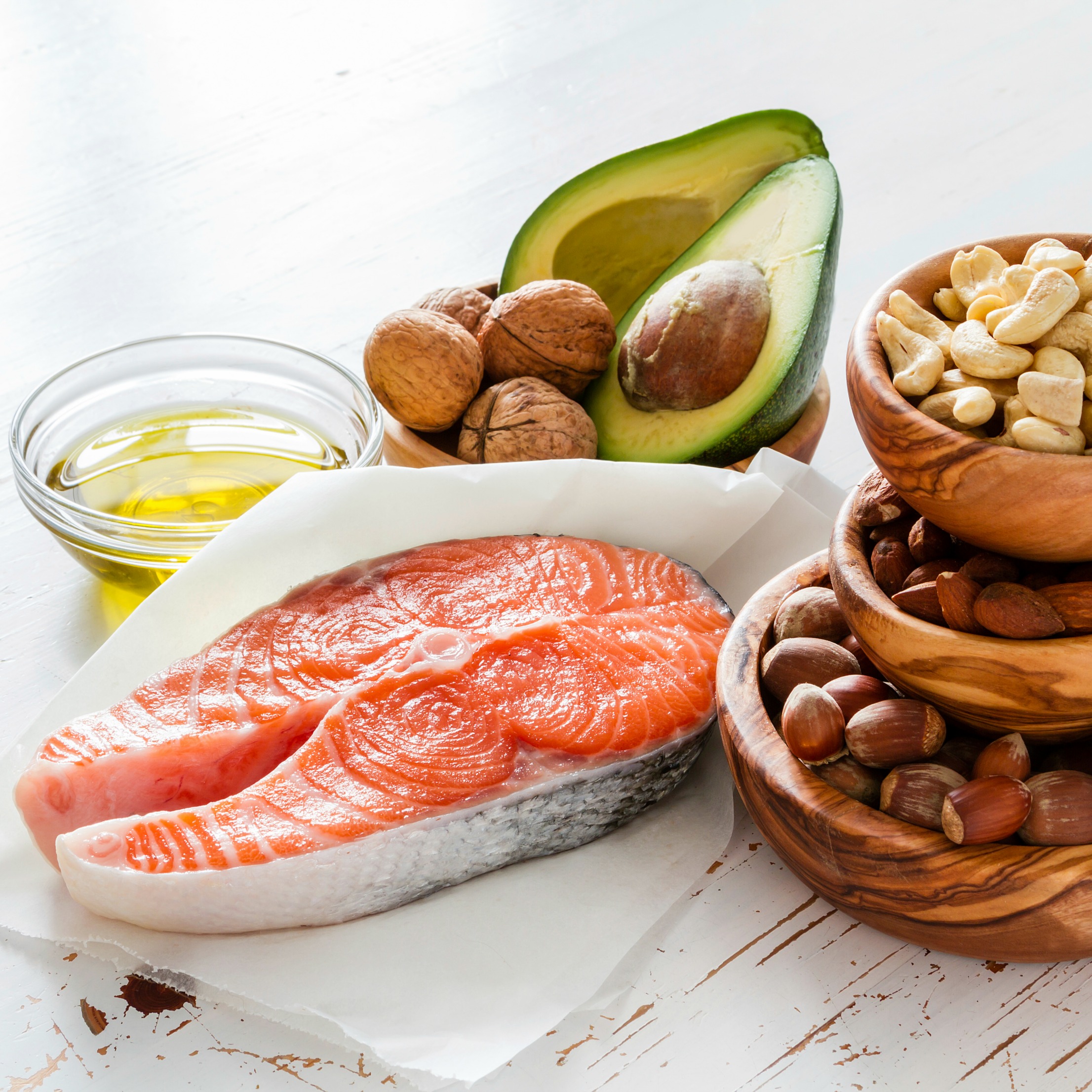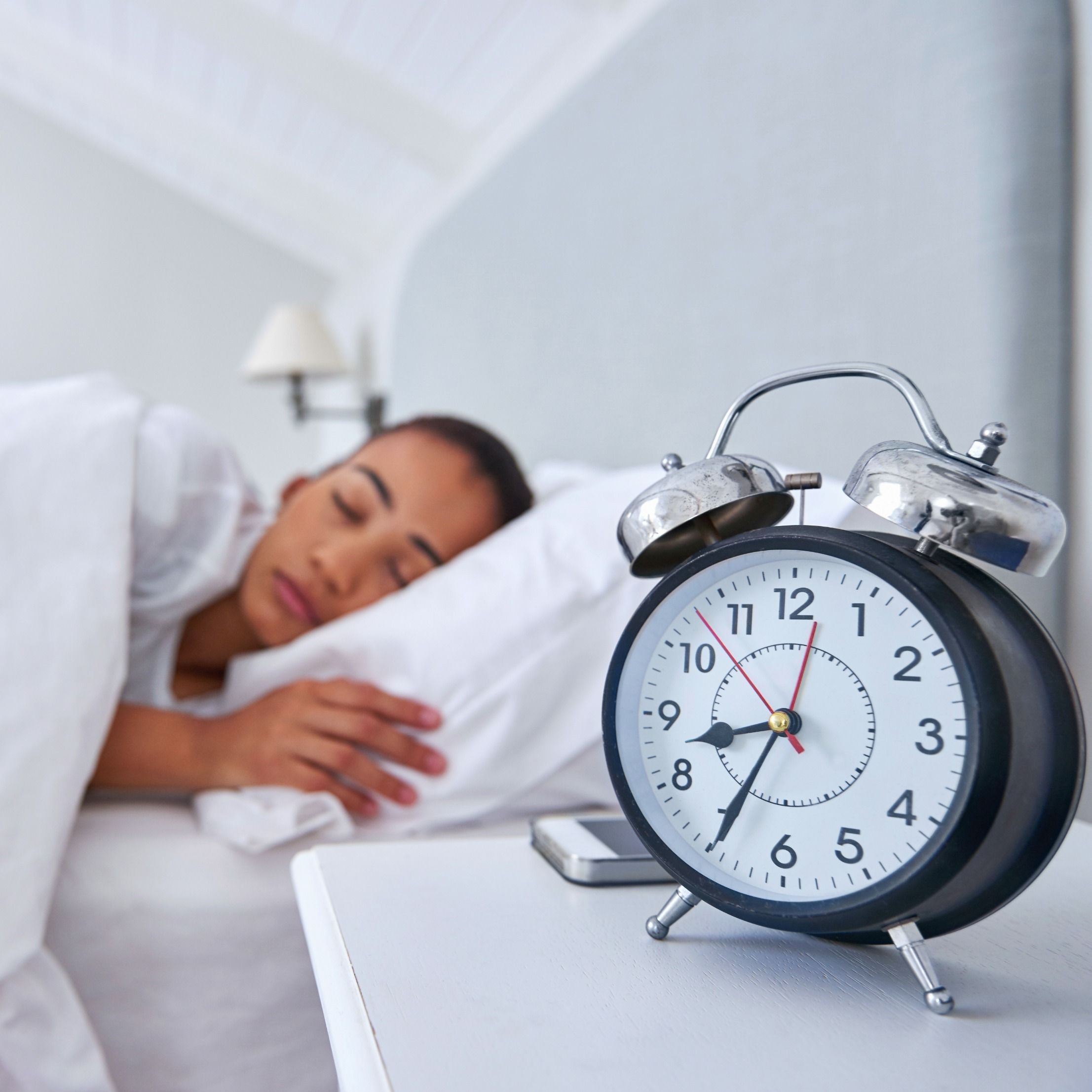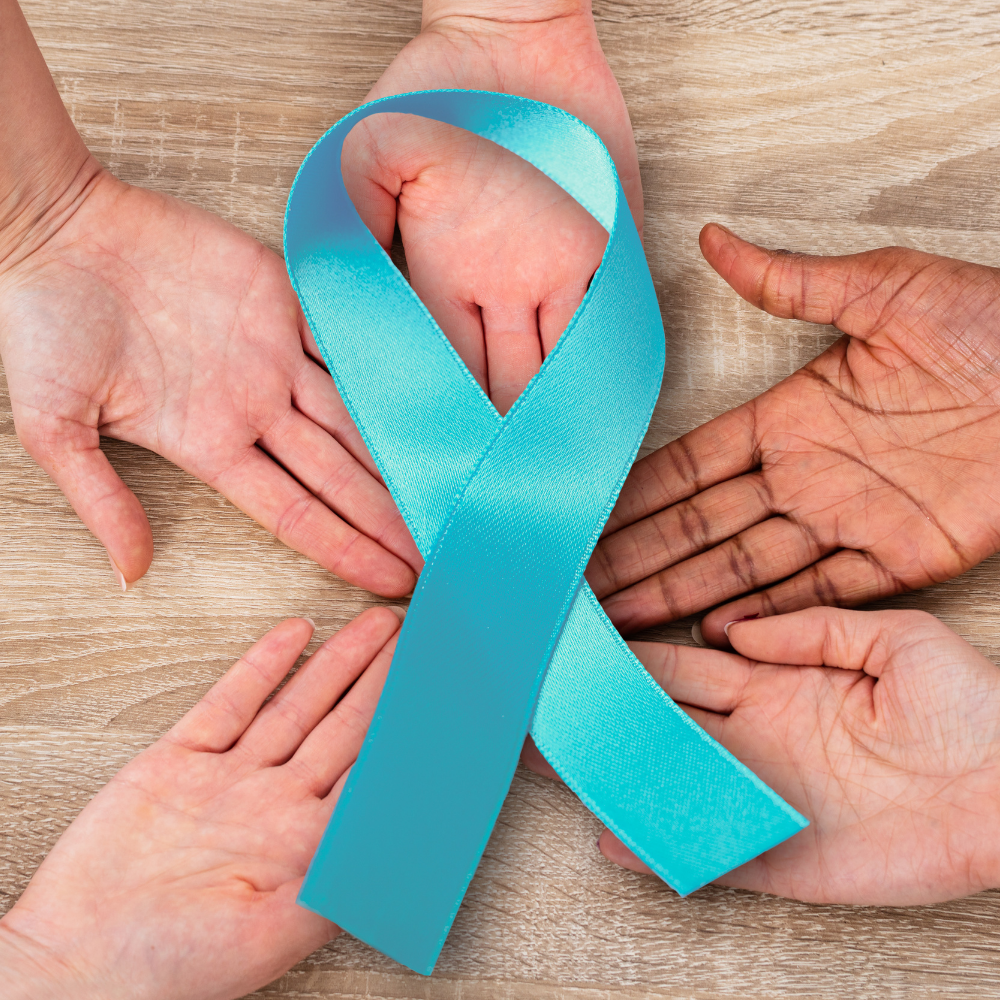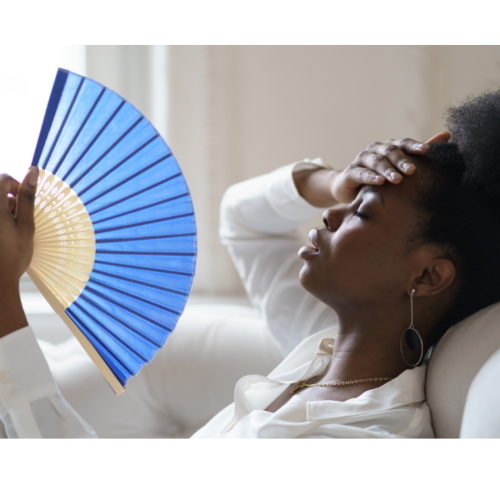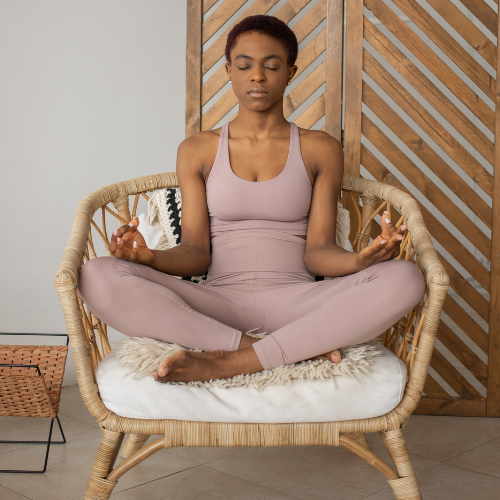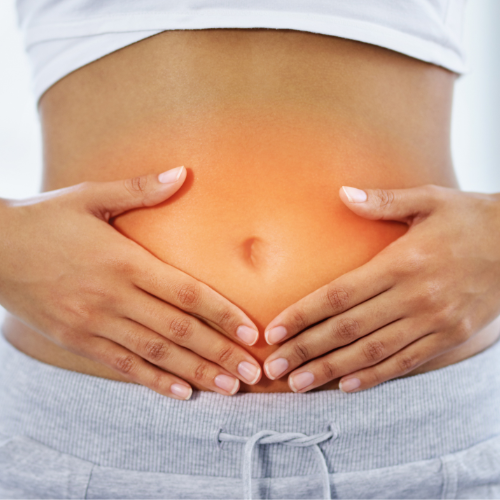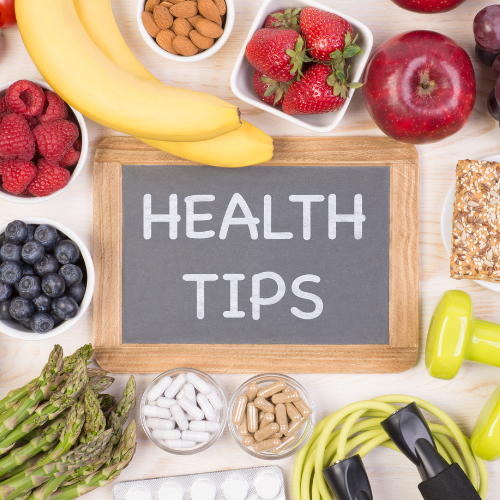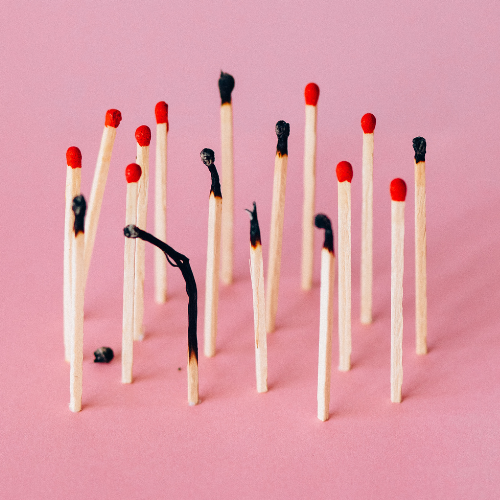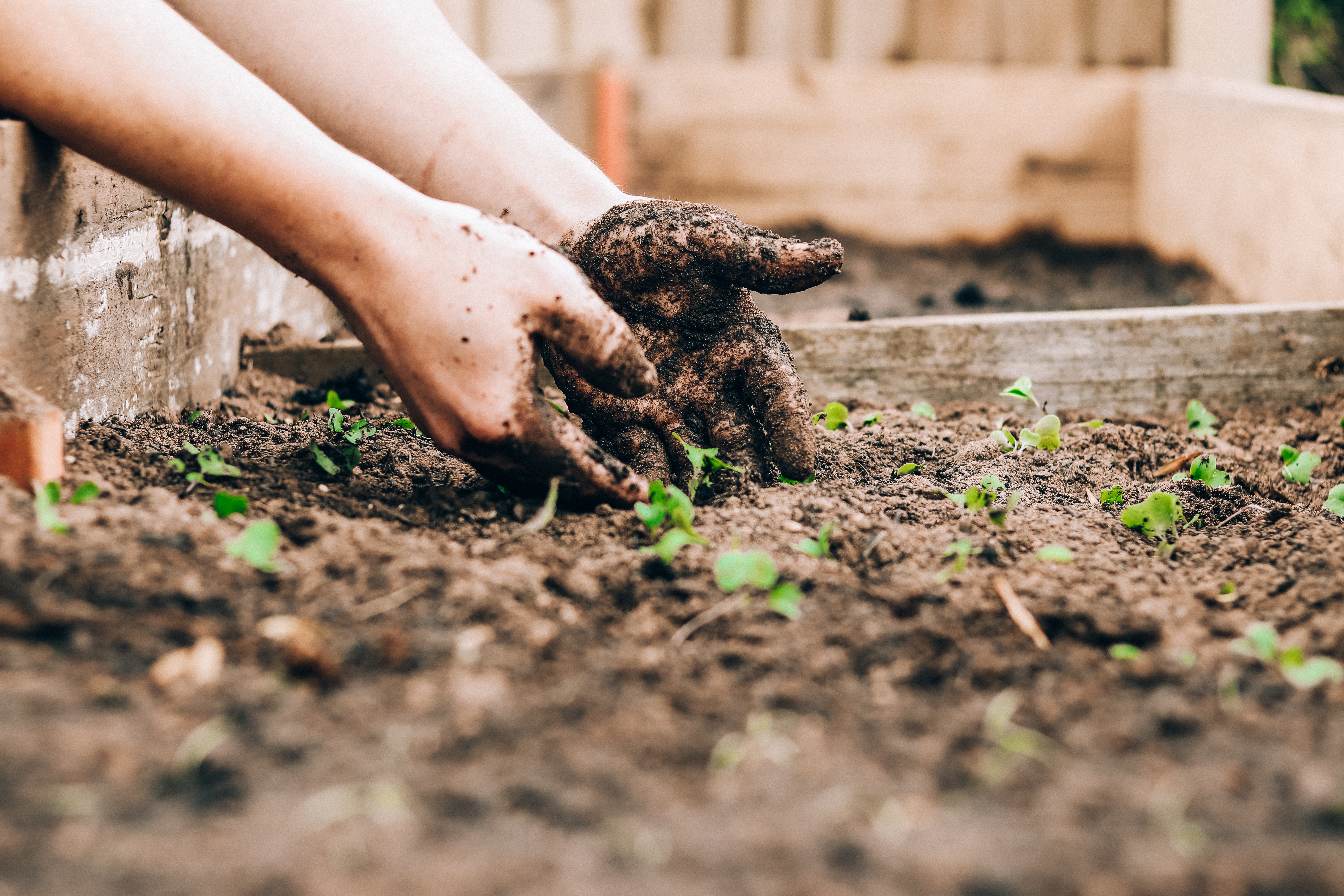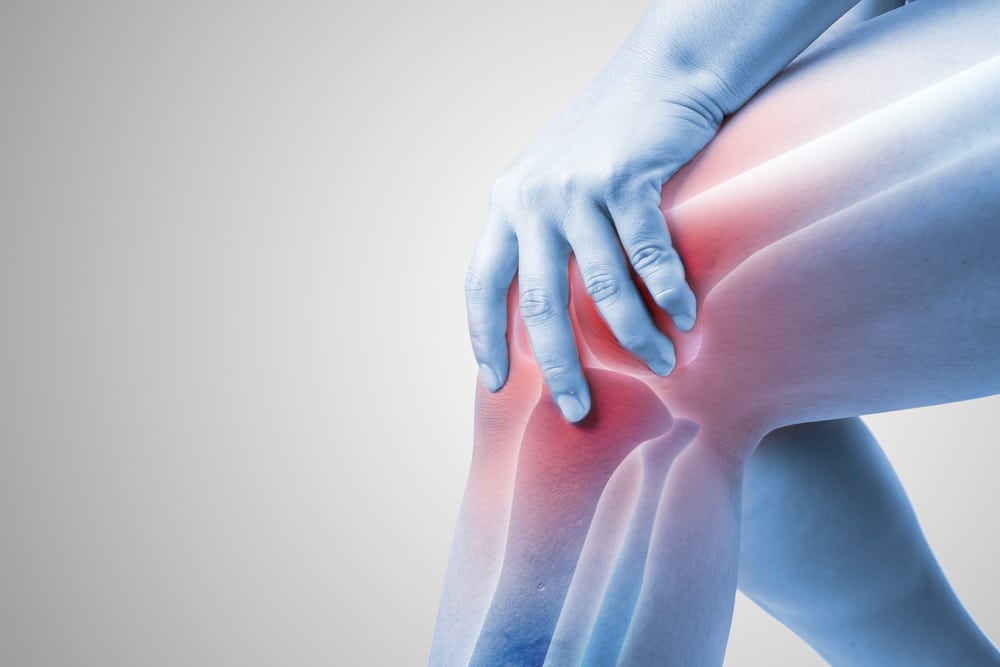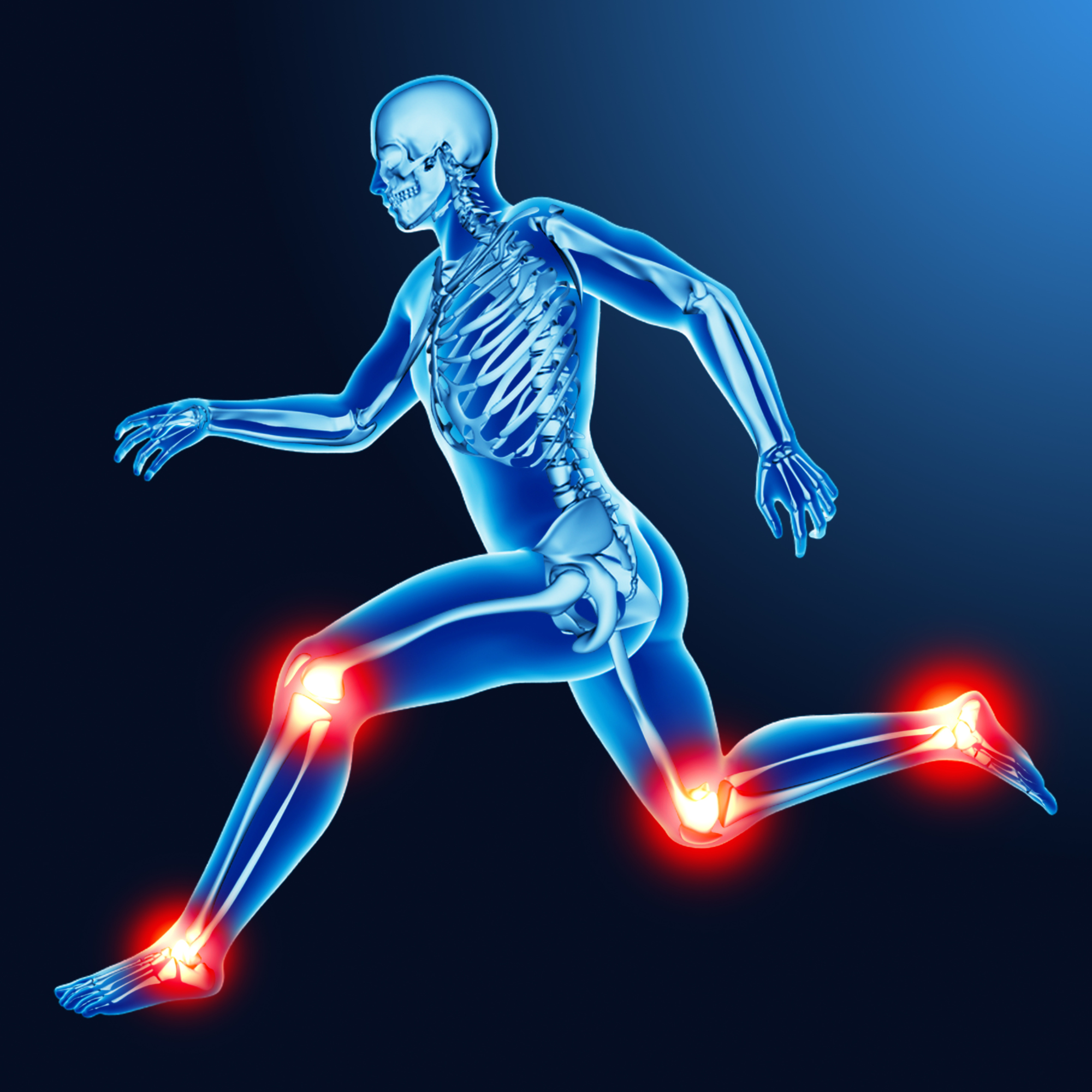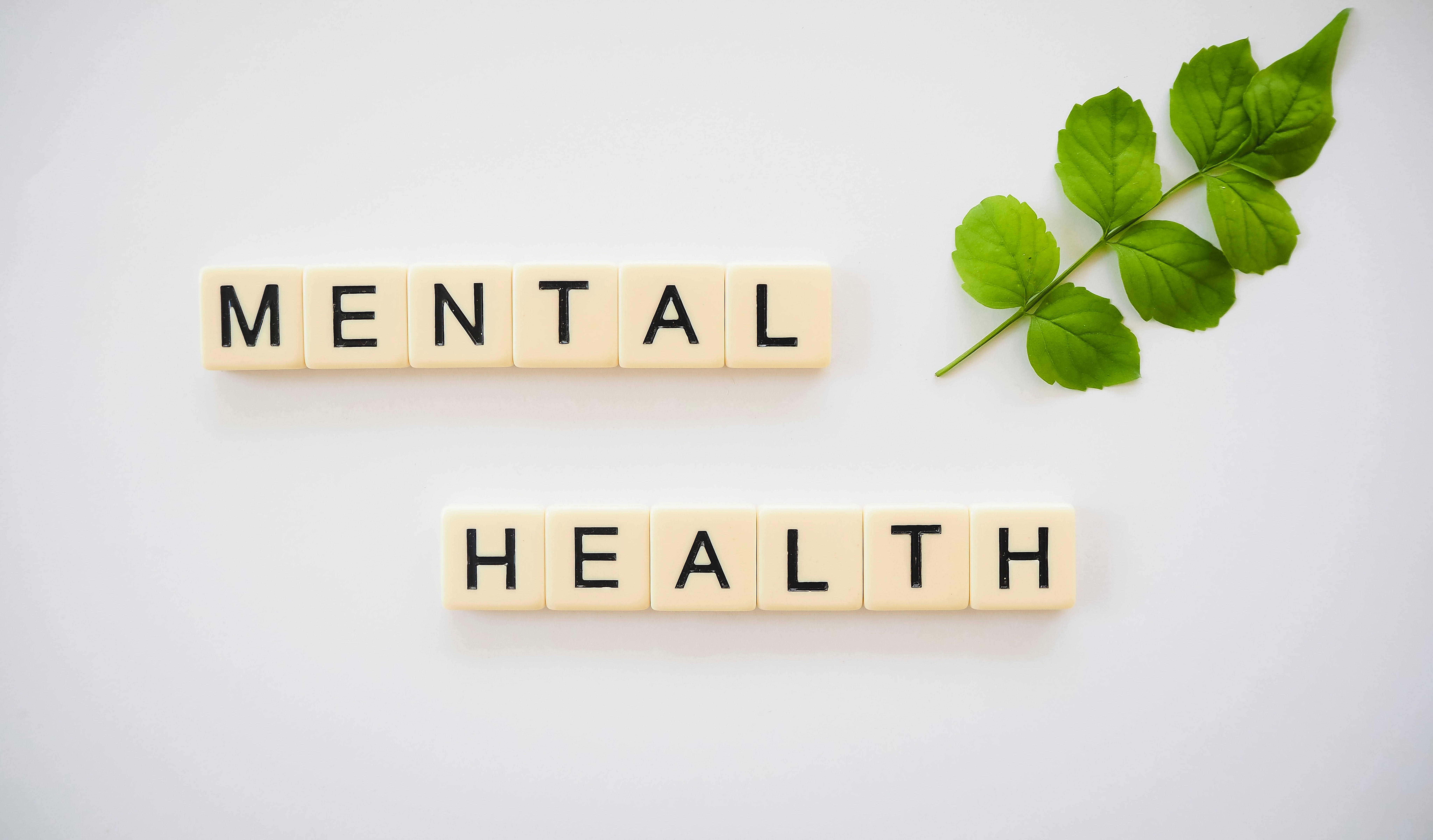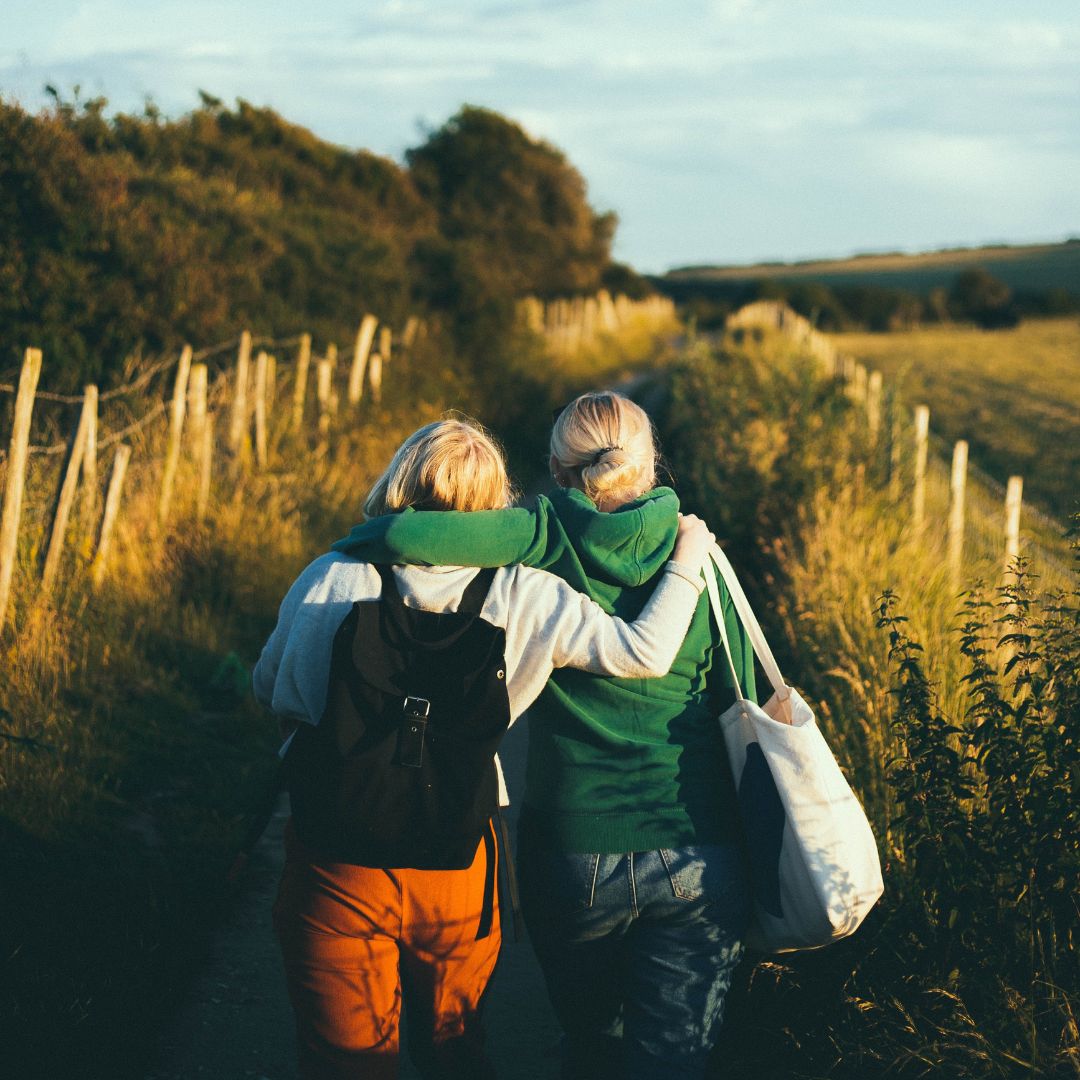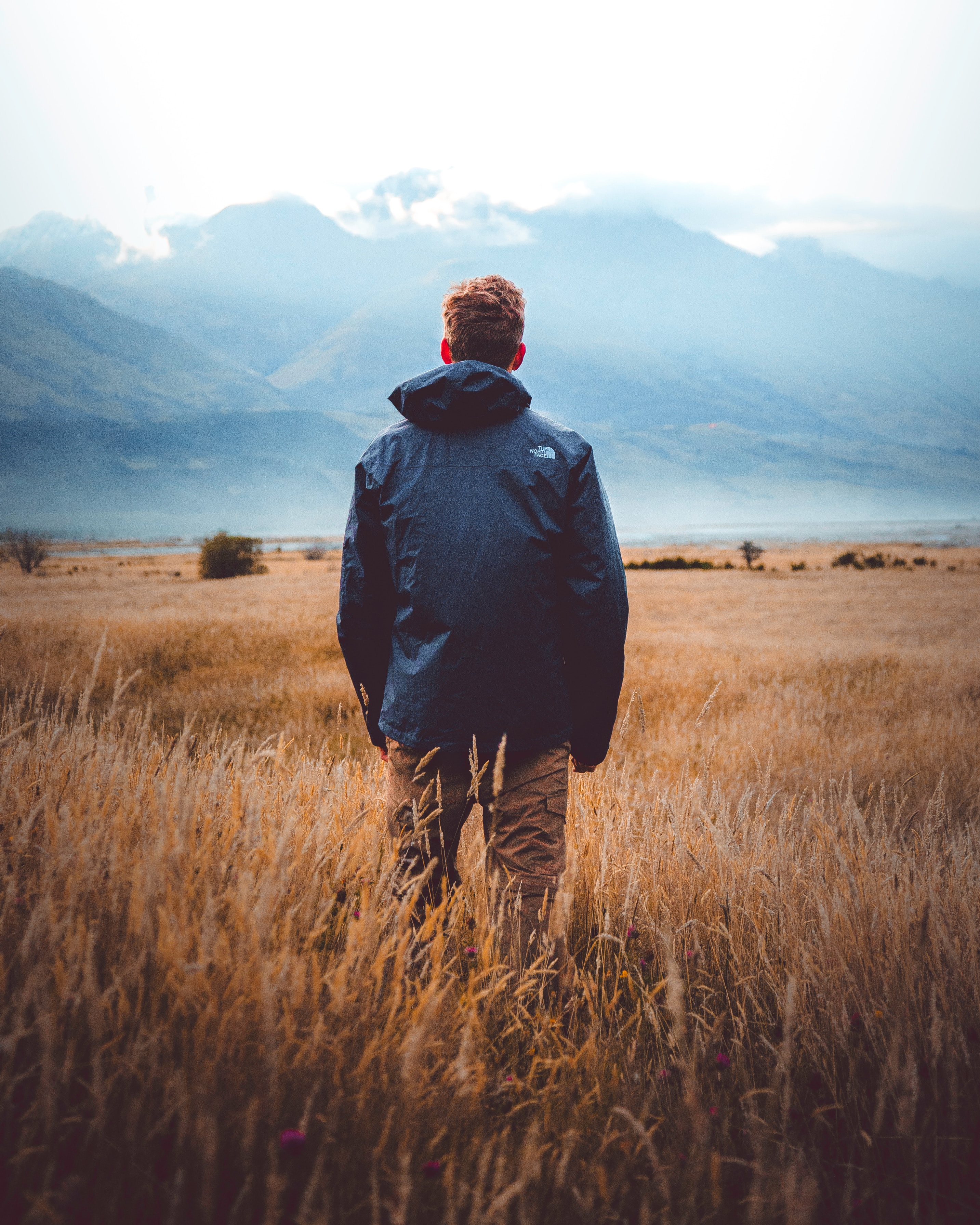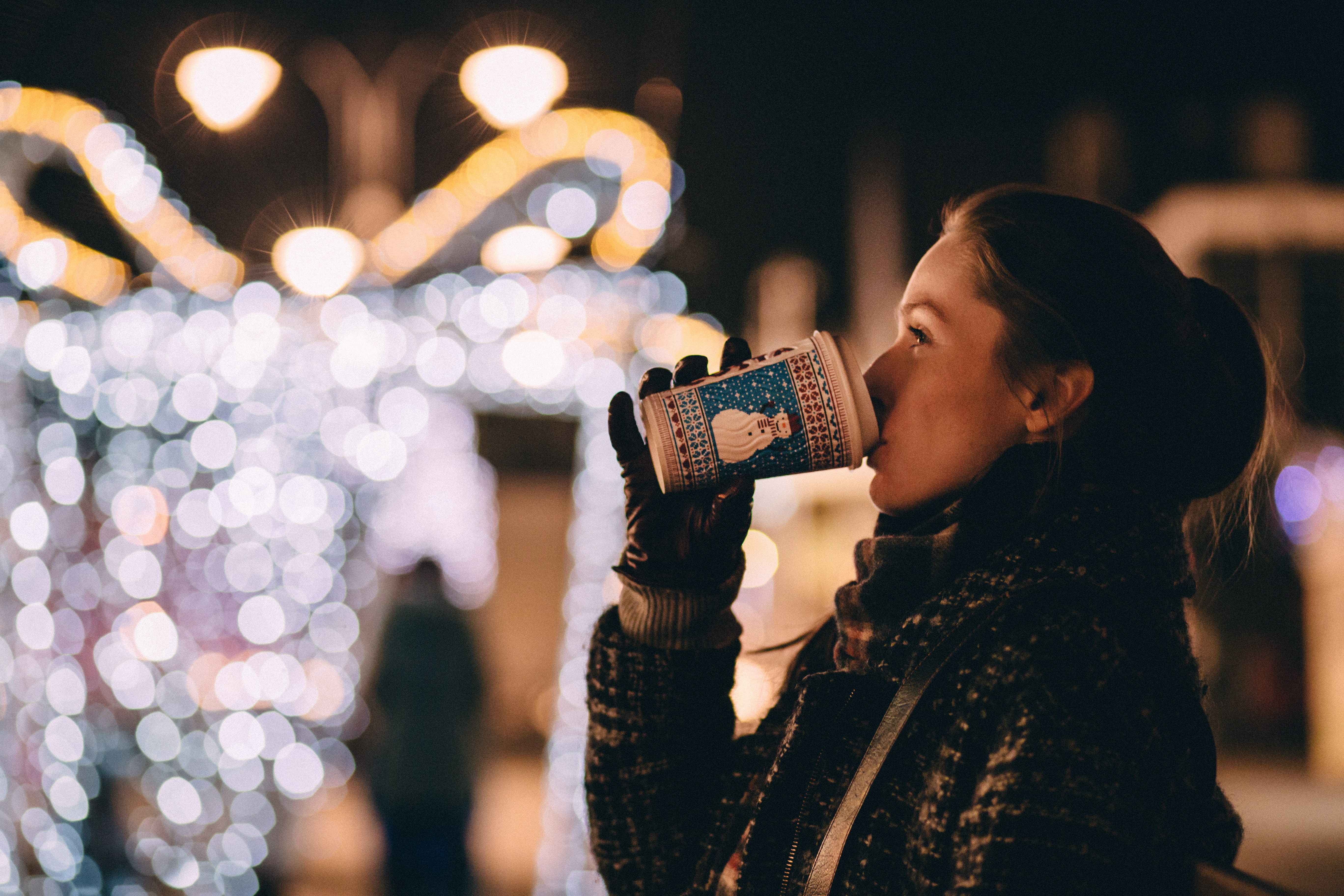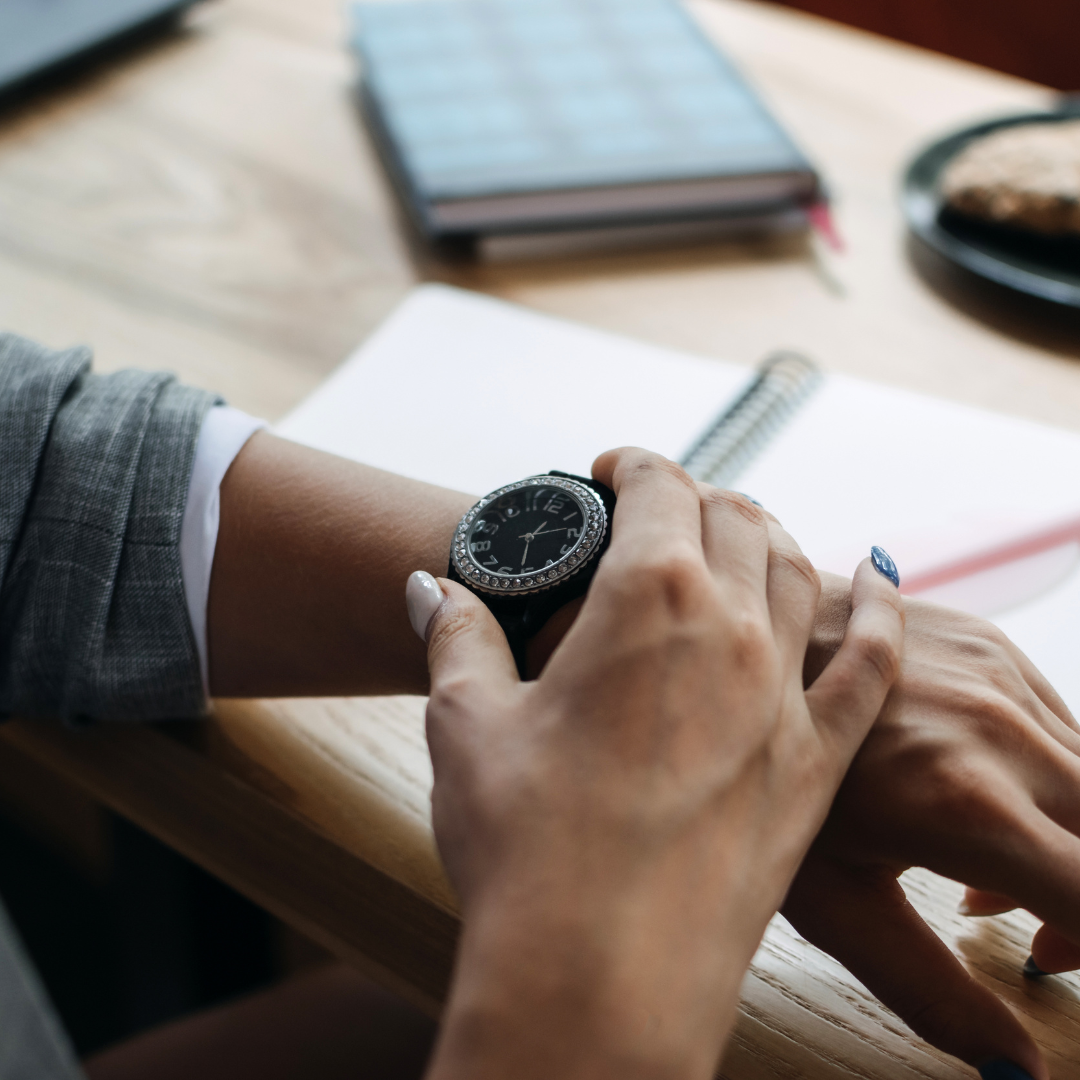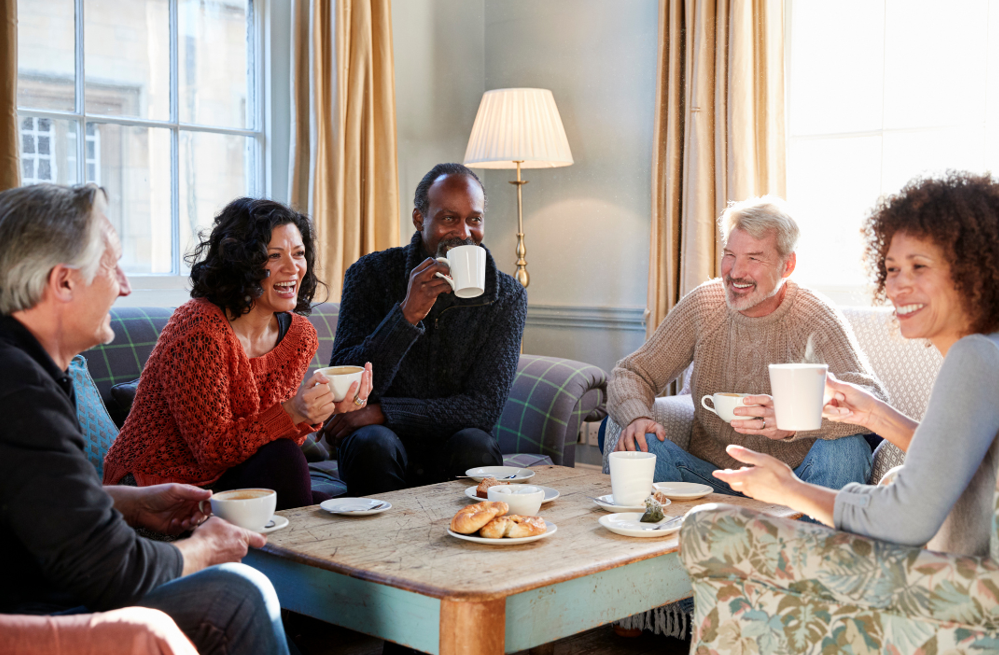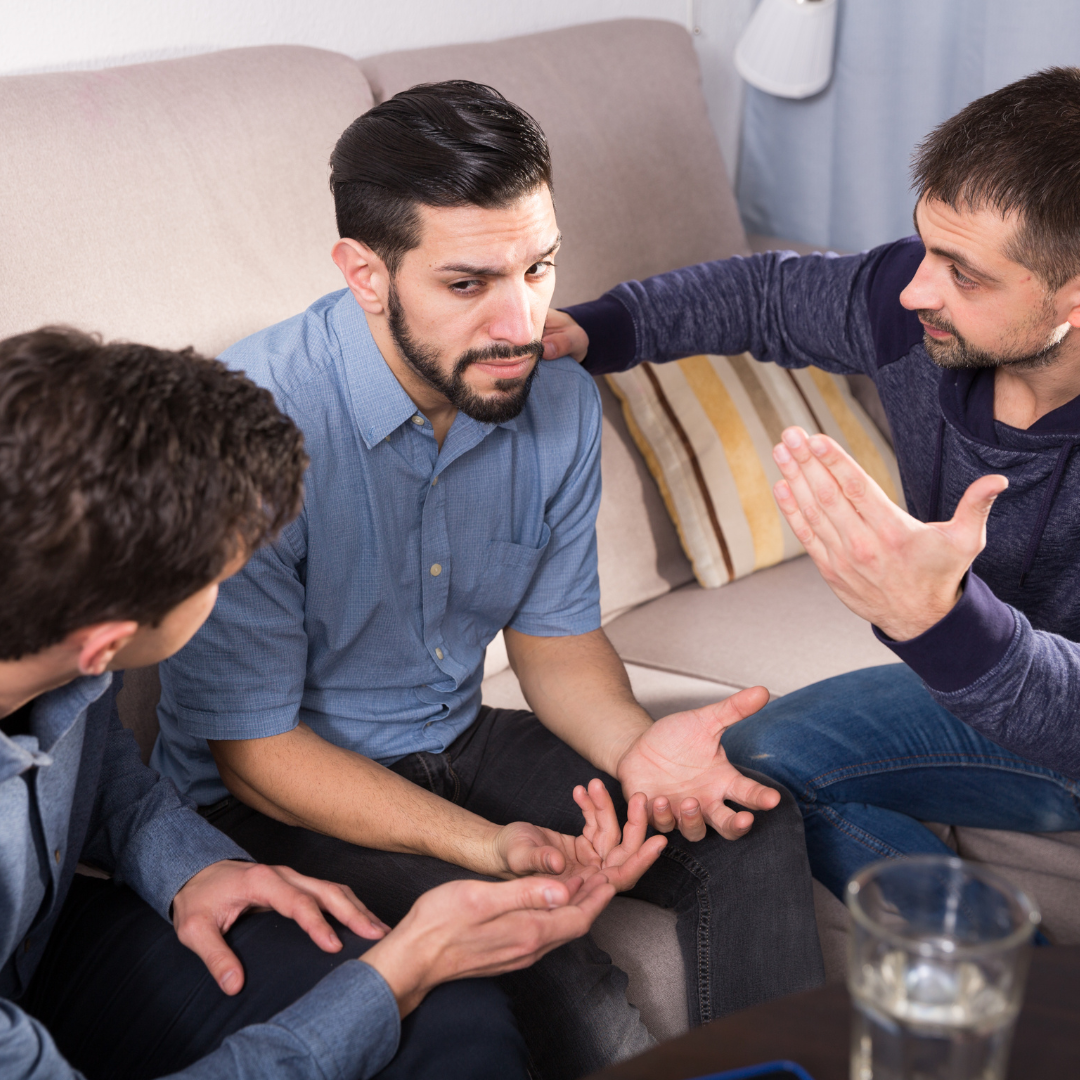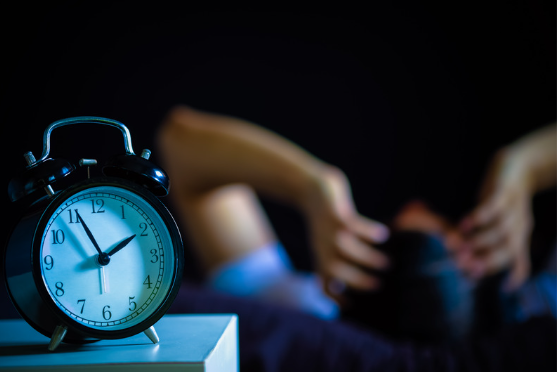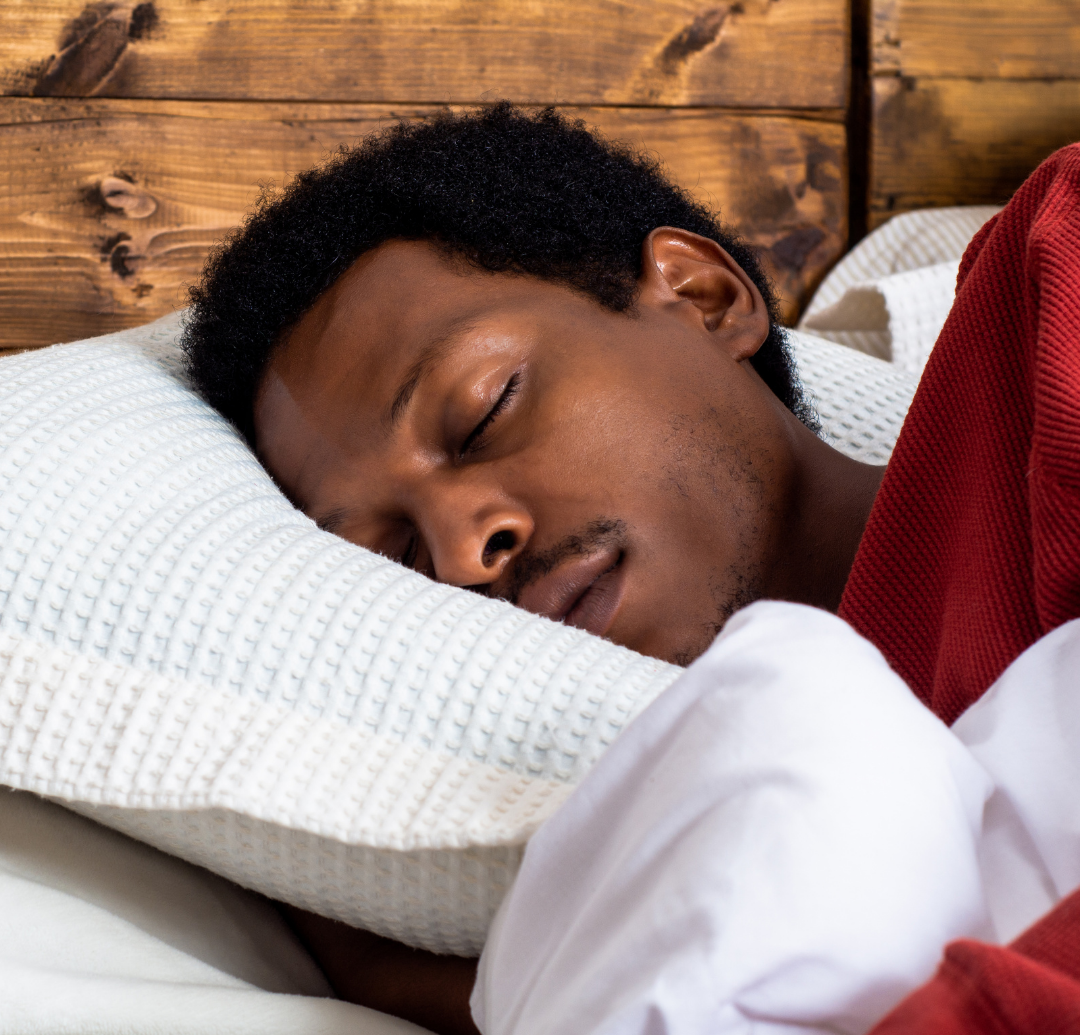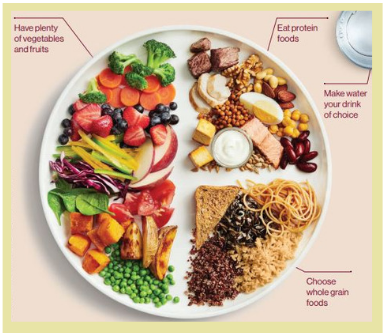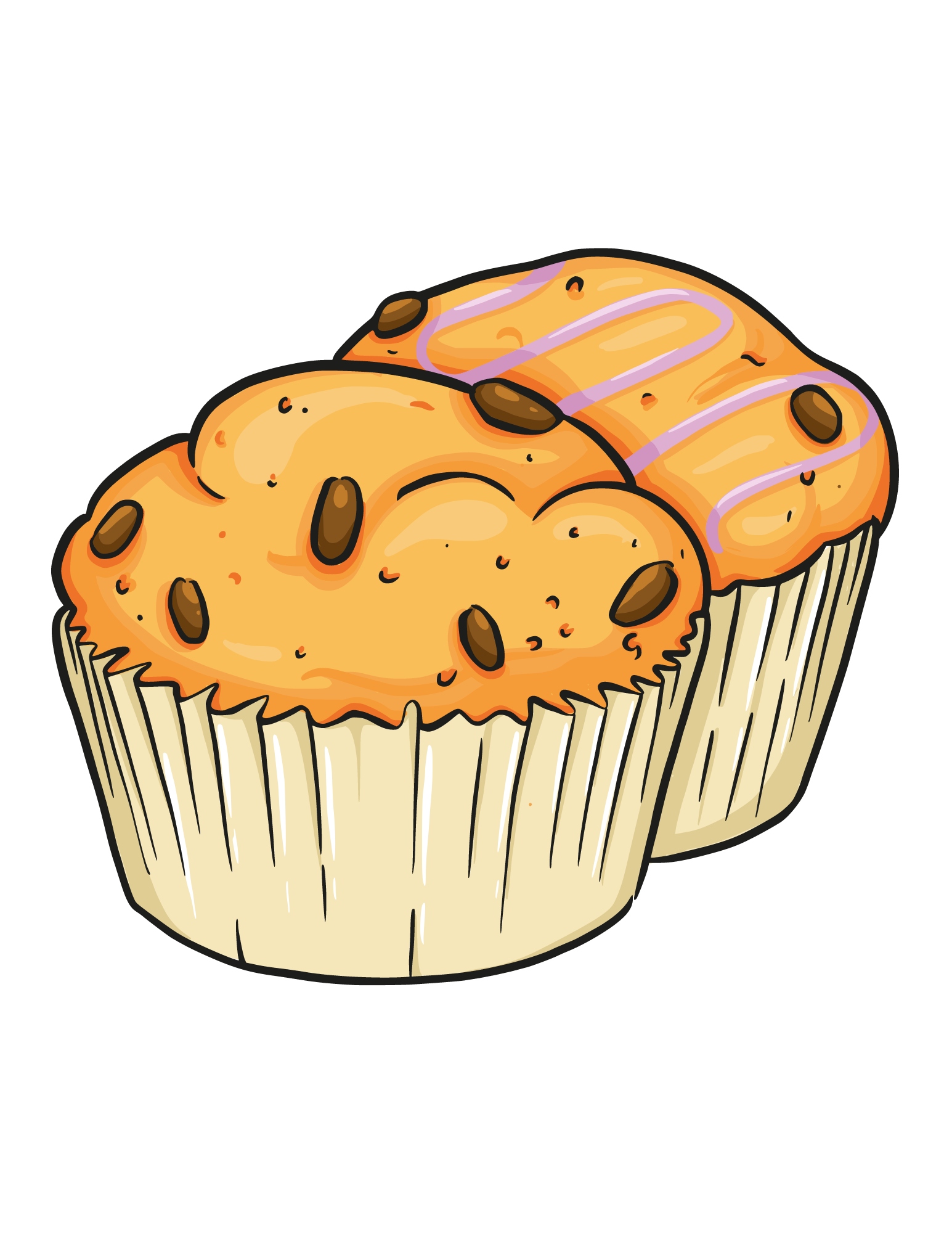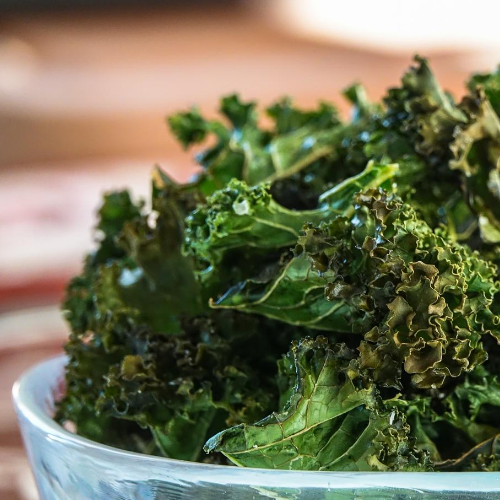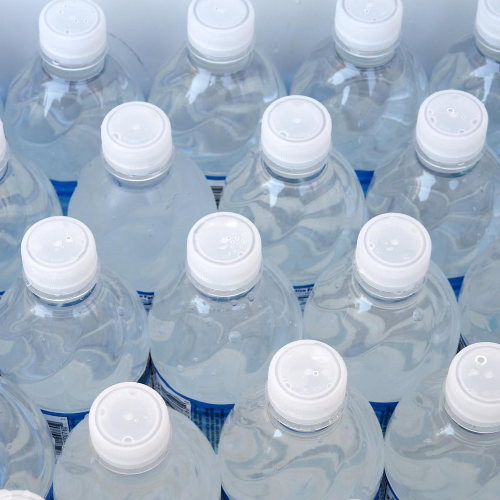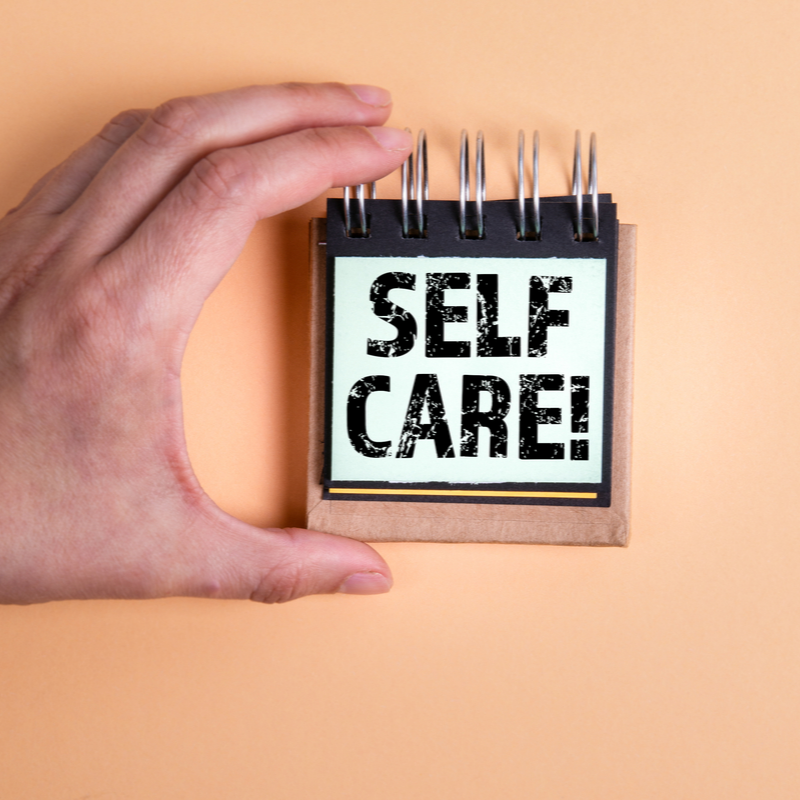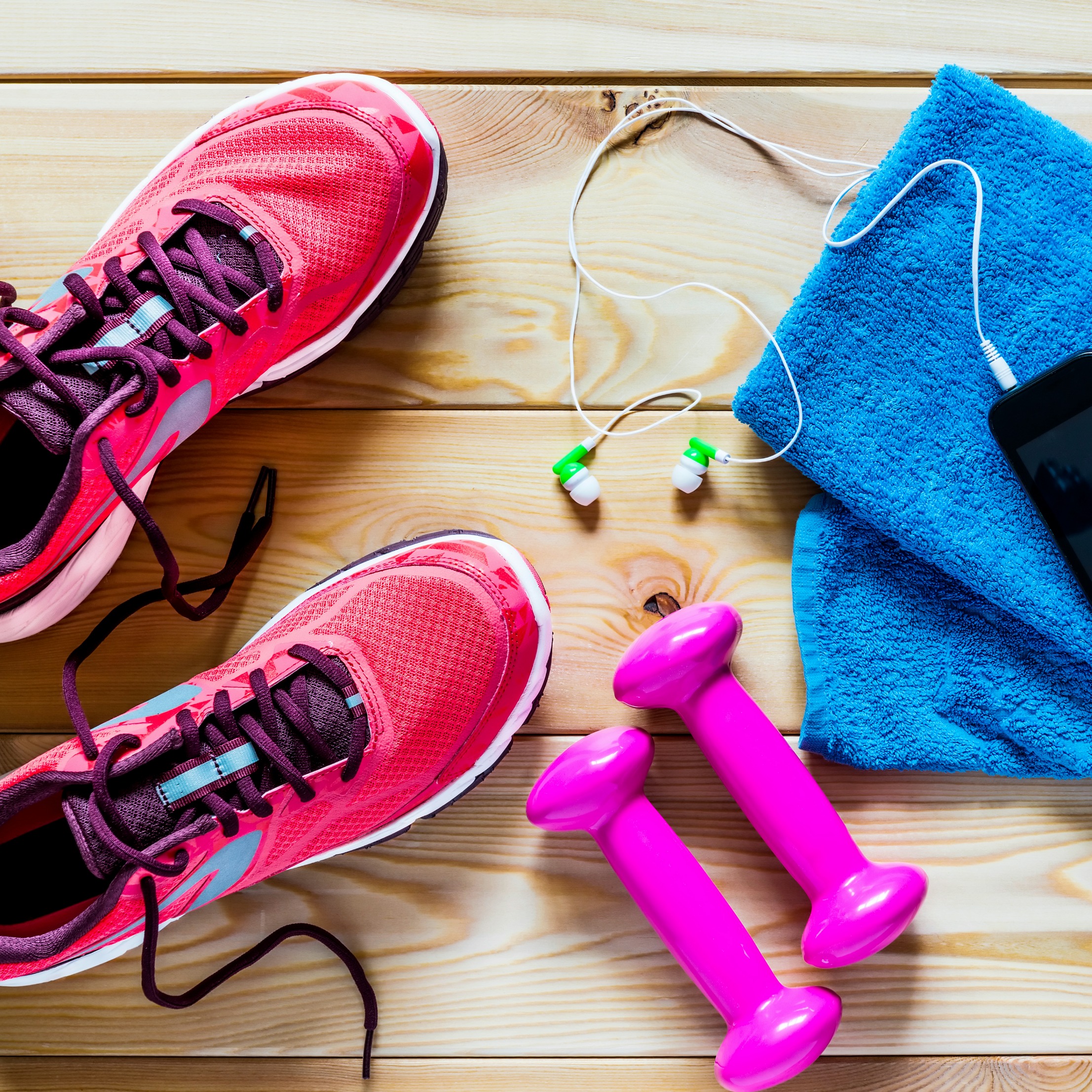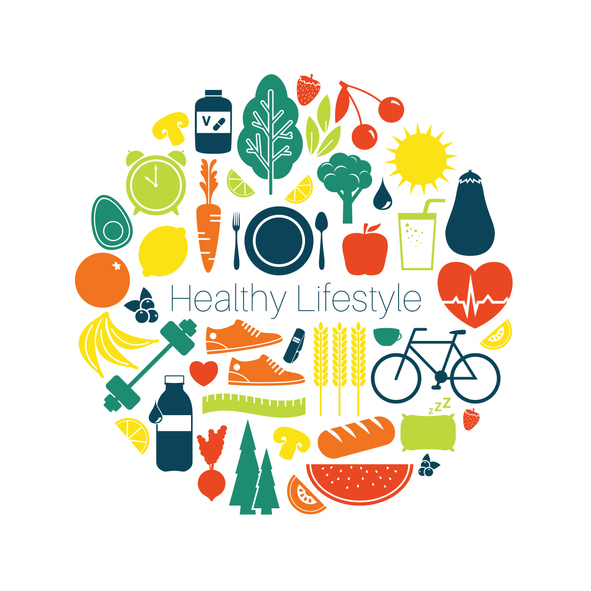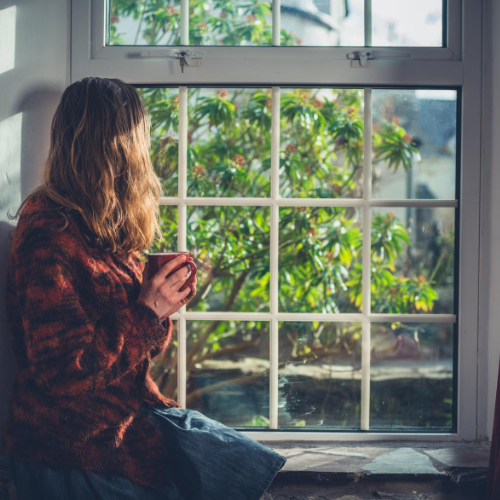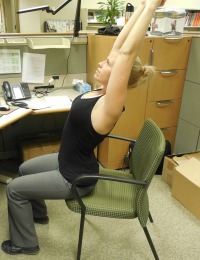
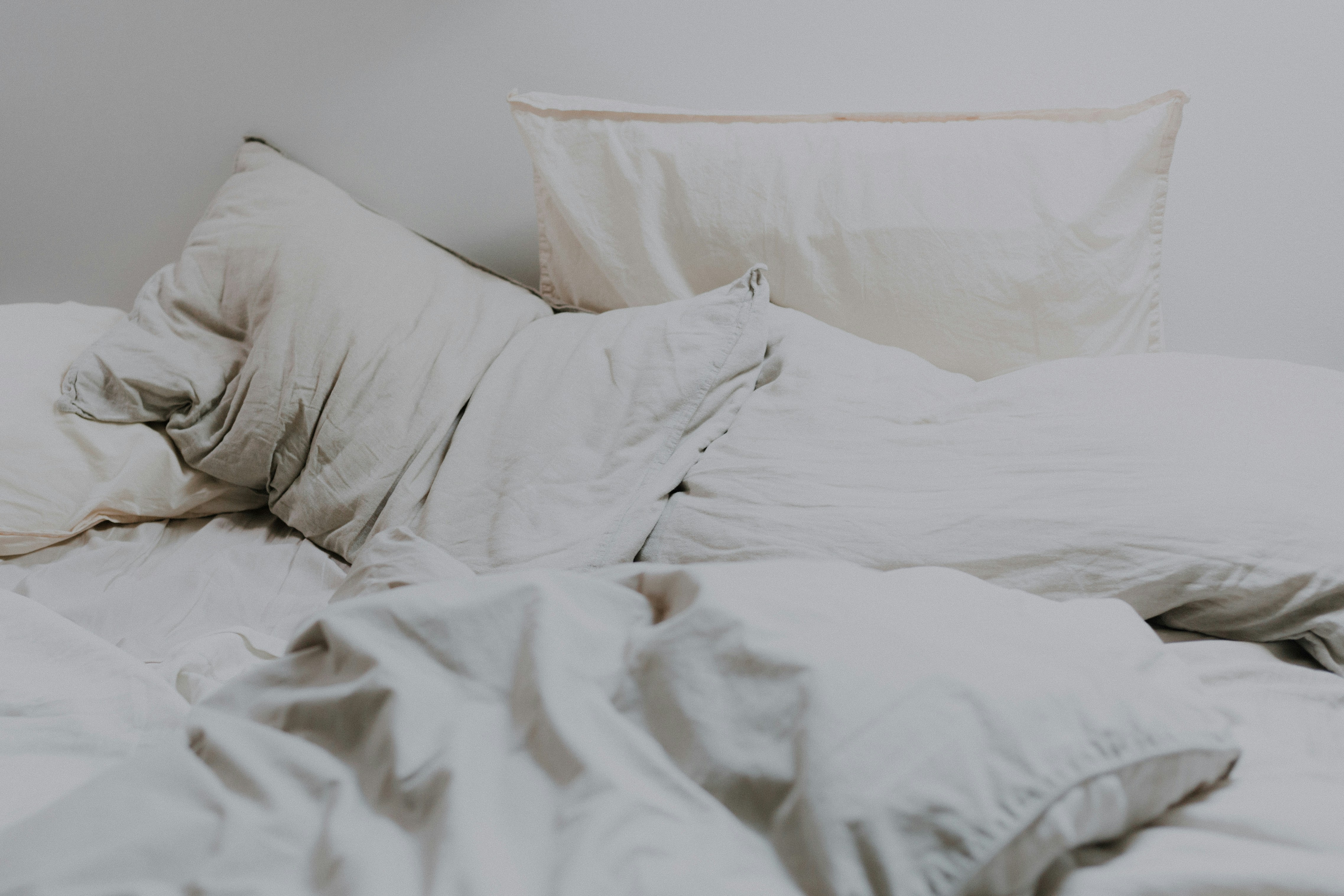
Sleep is an important human function that helps rebuild and repair our body and brain, so we are ready to tackle the next day! While we are sleeping, our brain is busy filing away memories and rebuilding neural pathways, while the rest of the body is working on strengthening our immune system, strengthening our muscles and bones, and many other important processes. Studies have shown those who get adequate sleep, experience a higher resiliency to stress, and have a decreased risk of developing obesity, cardiovascular disease, and diabetes.
The Science Behind Sleep
During our sleep time, we go through two types of sleep phases. These are rapid eye movement (REM) sleep and non-REM sleep. The cycle restarts every 80-100 minutes, and we typically experience this complete cycle four to six times per night, depending on our total sleep time.
The 4 Stages of a Sleep Cycle
Stage 1 Non-REM Sleep:
• This is the lightest stage of sleep and can be described as the process of falling asleep.
• This stage only lasts a few minutes, or 5% of total sleep time.
Stage 2 Non-REM Sleep:
• Still light sleep but deeper than stage 1.
• Brain waves and heart rate slow down and body temperature drops.
• This stage lasts about 25 minutes in the first sleep cycle and gets longer each cycle.
• This is the longest sleep phase, accounting for about 45% of our total sleep time.
Stage 3 Non-REM Sleep:
• Deepest stage of non-REM sleep.
• 25% of total sleep time in adults but longer in children.
• The stage of sleep where most of the rebuilding occurs and the most important stage to wake up feeling rested.
Stage 4 REM Sleep:
• The stage where dreaming occurs.
• Brain activity looks similar to when we are awake.
• The first REM cycle of your sleep time is about 10 minutes long and each REM cycle after that is longer, accounting for about 25% of total sleep time.
Fun Facts about Sleep Throughout the Lifecycle:
• Newborns spend more time in the REM stage compared to adults.
• By age 6, children develop sleep preferences and tend toward being either a person who is a night owl (stays up late but sleeps in) or an early riser (goes to bed early and wakes up early).
• Stage 3 non-REM sleep drops sharply in the teenage years and continues to decrease throughout adulthood. Teenagers also typically require more sleep (about 9-10 hours) than adults (about 7-9 hours).
• Older adults may not experience any stage 3 non-REM sleep.
Top 6 Ways to Improve Sleep:
- Reduce blue light exposure at least one hour before bed.
• Blue light (light from electronics such as TVs, computers, cell phones, etc.) tricks your brain into thinking it is daytime and reduces melatonin production, making it challenging to fall asleep.
• Glasses with blue light blocking lenses can be used and apps can be downloaded to reduce blue light from your electronics. However, the best way to limit this is to disconnect from all devices completely before bed!
- Avoid caffeine 8 hours before your bedtime.
• Caffeine stimulates the nervous system for 6-8 hours after consumption.
- Limit daytime naps to 30 minutes or less.
• Pressure gradually builds within the brain throughout the day, causing tiredness close to bedtime. Naps longer than 30 minutes will decrease this pressure, causing difficulty falling asleep at night.
• Short naps have been shown to improve energy and decrease grogginess because you have not entered stage 3 non-REM or deep sleep yet.
- Go to sleep and wake up at consistent times, where possible (even on the weekend!)
• If you work afternoon or night shifts and have to balance family responsibilities, try to find a balance that will allow you to be consistent with your times.
• Going to sleep and waking up at the same time keeps your circadian rhythm regular.
- Avoid alcohol two hours before bed.
• Alcohol impairs melatonin production, making it challenging to fall or stay asleep.
• Alcohol increases REM sleep and decreases stage 3 non-REM sleep, which is the most restorative stage of sleep.
- Set the thermostat to go down at night.
• Studies have shown the ideal temperature for sleeping is between 16 and 20 degrees Celsius (between 61 and 68 Farenheit).















